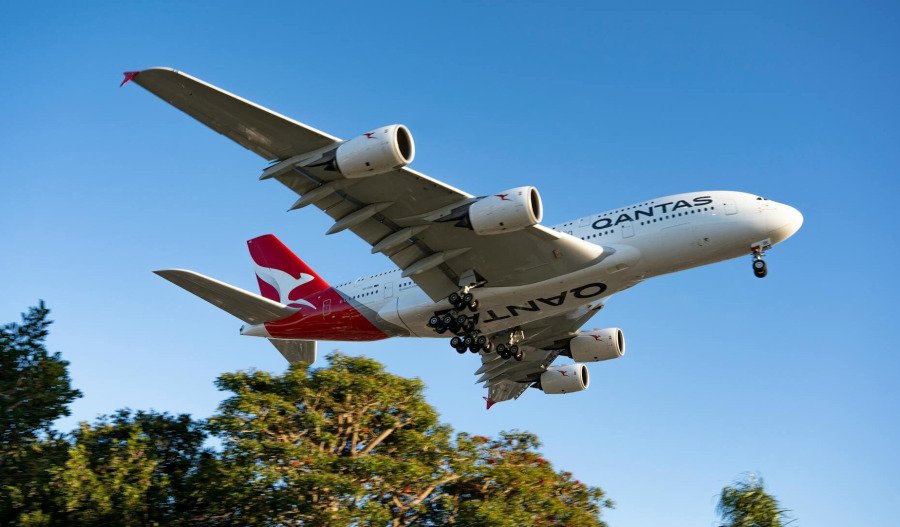Delta Air Lines must face a proposed class action lawsuit brought by passengers who allege the airline refused to provide full refunds after widespread flight delays and cancellations caused by a major computer outage in July 2024, a federal judge ruled on Tuesday (Wednesday AEST).
United States District Judge Mark Cohen in Atlanta said five of the nine plaintiffs could proceed with breach of contract claims, citing Delta’s failure to refund fares.
In addition, he allowed another group of plaintiffs to pursue claims related to flight disruptions under the Montreal Convention, which governs international air travel compensation.
However, he dismissed the remaining claims, including those preempted by federal law.
The disruption, which began on 19 July 2024, originated from a faulty software update issued by cybersecurity firm CrowdStrike. The update crashed over 8 million computers globally and severely impacted Microsoft clients.
While other U.S. airlines resumed operations the following day, Delta faced prolonged outages, cancelling nearly 7,000 flights in total.
The Atlanta-based airline sought dismissal of all claims except one refund complaint and international claims covered by the Montreal Convention. However, the judge's ruling permits a broader legal challenge to proceed.
Passengers allege Delta failed to automatically issue refunds and only offered partial reimbursements if customers agreed to waive their rights to further legal action.
Among the plaintiffs, Florida resident John Brennan said he and his wife missed a $10,000 anniversary cruise after being stranded in Atlanta. Delta reportedly offered just US$219.45 in compensation.
Another plaintiff, Vittorio Muzzi from the Netherlands, said he incurred €5,000 (A$8,743.8) in losses and endured a 15-day luggage delay after his flight to Florida was cancelled. Delta’s compensation amounted to only €588 ($1,028.3).
Delta has previously estimated that the outage cost the airline approximately $550 million ($961.8 million) in lost revenue and additional expenses, though it also saved $50 million in fuel costs due to the grounding of the aircraft.
Related Content:



